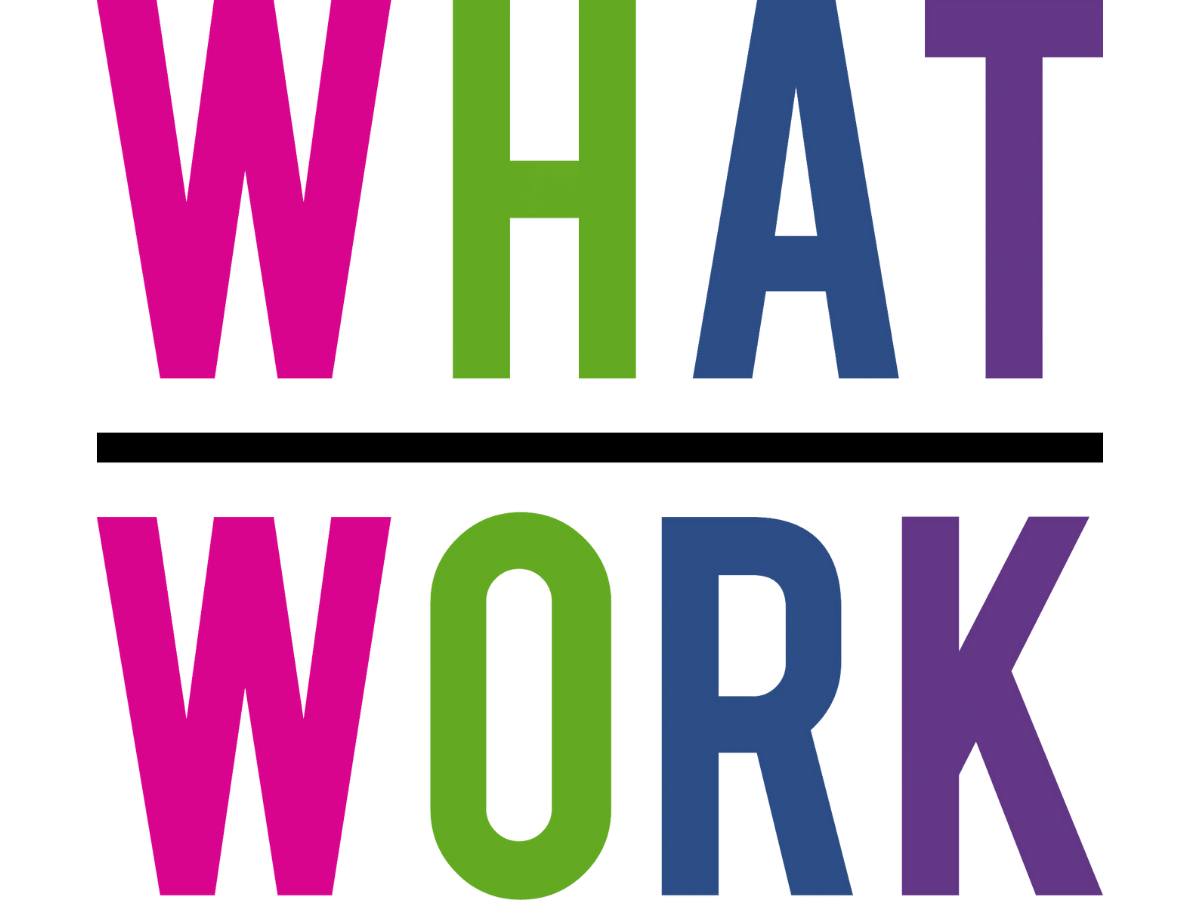It is important to talk about career transitions and how to tackle them, but just as important is understanding the aim of a career change: career fulfilment. People undertake change because they feel like something is in dissonance with their professional life, so embark on a transition in the hopes of finding themselves in a fulfilling career path. What is crucial to understand is that career fulfilment is not an end, it’s a process, and this journey is a continuous cycle of evolvement and self-discovery, which feeds into your professional satisfaction. So, let’s get into it, what are the building blocks? I see each block as something to work on, which then merges with the rest and becomes part of your search for a fulfilling career.
4 steps to Career Fulfilment
The first stage is exploring and determining one’s own core values. These are essential to your being, the morals that make you who you are and hold your beliefs together. Understanding these is essential to then extend to work values, i.e., what is non-negotiable to you in terms of work ethics, standards and environment. This can be the company ethos, the approach your team has to work, or even the bigger aims and goals of a particular industry you are in. If these are not in line, there sprouts a growing dissonance between yourself and your career path, which can result in resentment, dissatisfaction, and lack of career fulfilment.
The second stage is to figure out your interests and passions, not just in a professional setting, but understanding what satisfies you and gives you peace. These are then translated into your strengths and competencies, as we tend to be good at what we like or put more effort in to hone the right skills. Understanding these helps you create a complete image of yourself, and what you can bring to the table in a professional setting.
The third step involves putting together your core values and your strengths, to determine your goals and the overall vision of your career path. Vision is the larger concept, highlighting the general direction of your career without focusing too much on details. Goals, instead, are more specific and tend to be smaller objectives within the larger plan that is your vision.
Lastly, if you put all these into action, you may reach a state of flow: a state of uninterrupted creativity. This is a state reached once every other element aligns, an area of no distractions where you can employ your skills, work according to your values, and reach your full potential. Once this happens, meaning you have a clear vision and have undertaken inspired action, you can reach career fulfilment.

What needs to happen underneath
Looking at the cycle, you might be thinking: “it’s just understanding some elements and putting them together, how is this hard?” And great! It is in fact a simple concept. The tricky part, and what most people struggle with and need to put time and effort into, is exploring each of these stages, as it requires a high level of introspection and self-discovery. Successful and fulfilled individuals (although they might not know this consciously) already have a deep understanding of their values, strengths, and goals, because they have a high degree of self-awareness and self-knowledge. This is what people stuck in their career have to work on, and what can free them from a path that is not fulfilling. How can you do this?
Working with my clients, I have developed a successful methodology, which I consider to be INSIDE-OUT…
You need to be aware of your strengths, weaknesses, values, motivators, passions, affinities as well as your limiting beliefs in order to gain clarity, which in turn helps set direction; only then do we turn to implementation and creation. This is how the 4- step journey looks like during the coaching process:
1) Unwrapping your gifts (Clarity, Courage, Confidence)
2) Exploring options and paths (Direction, Focus)
3) Step-by-step implementation (Plan and Accountability for action taking)
4) Packaging your gifts (Personal Brand Delivery and Presentation)
Please get in touch with me to find out more!
In my next article, I will share the 5 traits that successful people have, and briefly talk about how they are relevant in the career fulfilment cycle we have been discussing. Stay tuned and find out!

